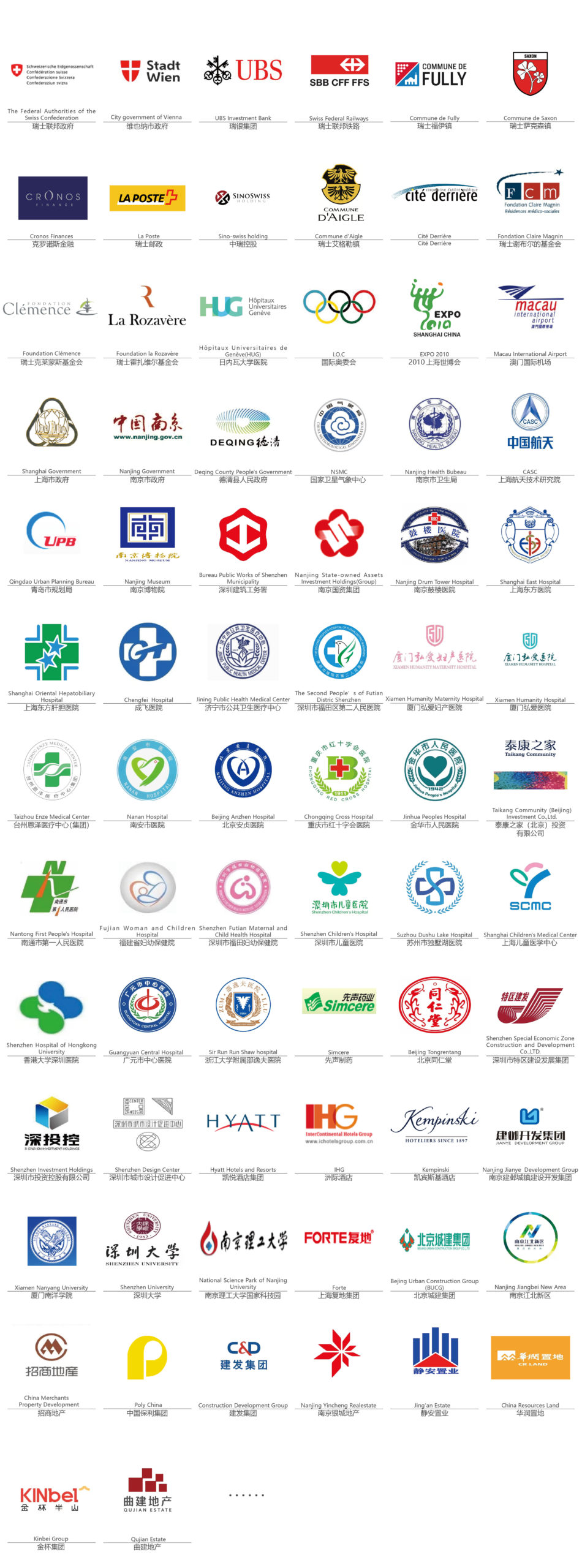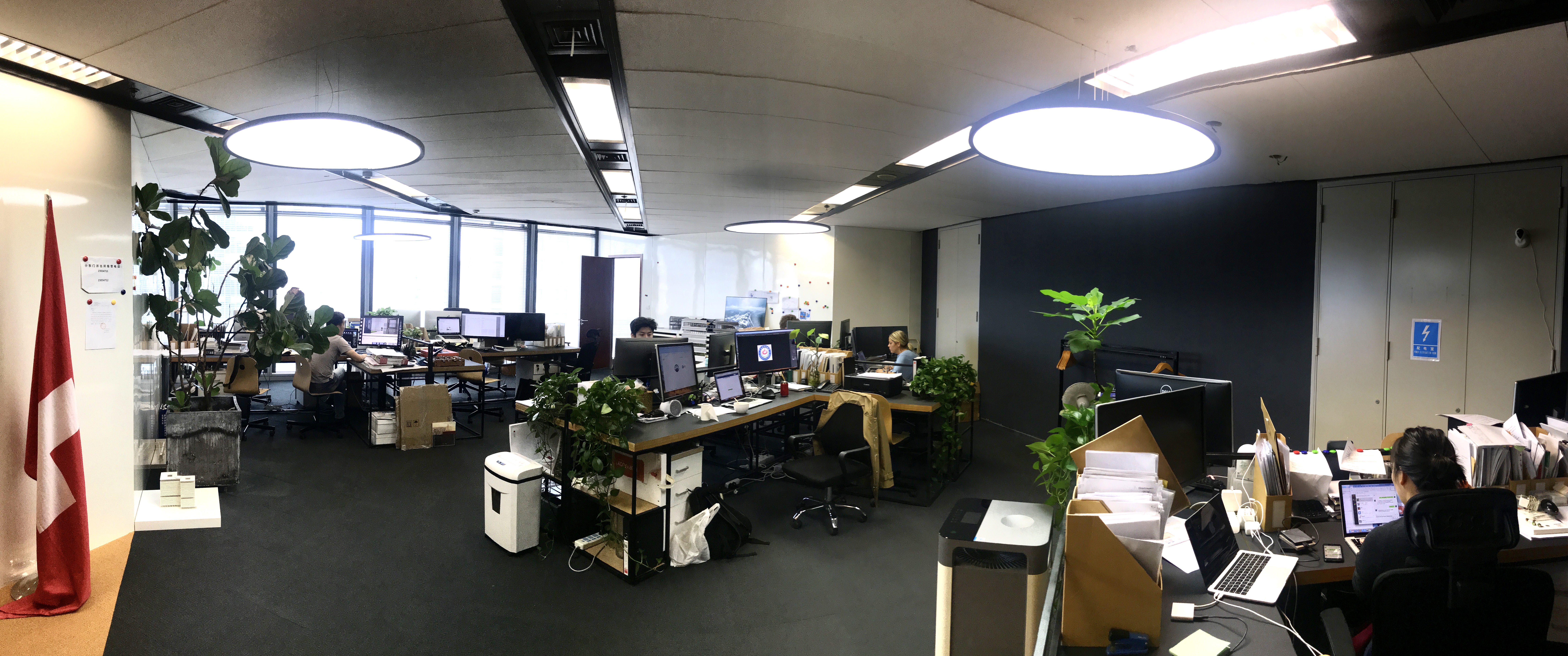Your project, our design
Our long-term design practice has shaped a scene-oriented approach, ensuring that our designs remain adaptable and future-ready. Flexibility is key—whether responding to investment shifts, operational performance, or financial changes, there should always be a Plan A and Plan B.
This principle has been successfully applied and validated across our medical projects in both Europe and China, proving its effectiveness in real-world healthcare environments.
With you
Curiosity drives us to research and explore—it is the source of all innovation. A pursuit of excellence inspires us to learn, embracing a process that is both challenging and exciting.
Interaction is the key to meaningful communication. Whether for presentation or refinement, dialogue plays a crucial role. Both internal collaboration and external engagement are essential to shaping every design.
Designing for Tomorrow
From the very start of the design process, we anticipate and account for a wide range of future possibilities, ensuring that no potential variable is overlooked. Every factor is carefully evaluated for its impact, and this principle remains at the core of our approach as the design evolves—helping hospitals adapt to the demands of future operations.
Our extensive experience in modular design has reinforced our belief in its adaptability and versatility, making it a powerful tool for creating flexible and future-ready healthcare environments.


